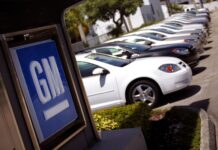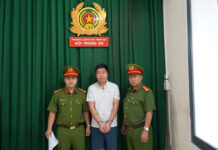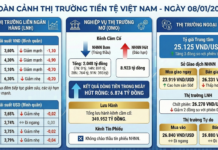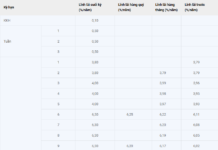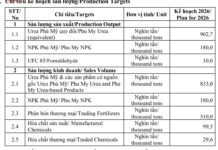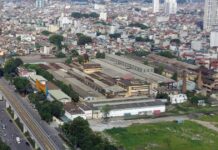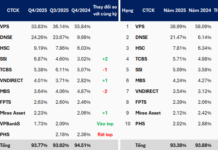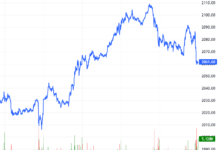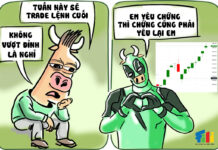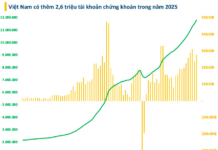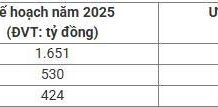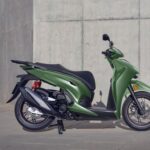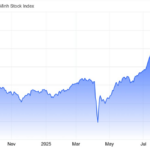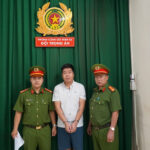Crackdown on Unregistered Electric Motorcycles in Vietnam: A Necessary Step to Curb Illicit Trade
In the past, electric motorcycles and e-bikes in Vietnam were predominantly sourced from China, often of unknown origin and poor quality. The emergence and growth of domestic manufacturers, coupled with significant price reductions, once stalled the market for these vehicles. However, with Hanoi and Ho Chi Minh City planning to restrict gasoline-powered motorcycles, there has been a surge in demand for electric alternatives, providing an opportunity for unregistered vehicles to re-enter the market.
Unregistered Electric Motorcycles Capitalize on the Green Transportation Trend
Recently, authorities inspected three stores in Hanoi and discovered dozens of counterfeit Nijia-branded electric motorcycles and other suspicious brands. The representative from Nijia Vietnam confirmed that these vehicles were not manufactured or distributed by their company.
Further investigation by the police revealed that, over several months, a criminal group had collected data on genuine vehicles and proceeded to assemble counterfeit ones in Bac Ninh (former province) with over 100 units, valued at more than 1 billion VND. These counterfeit vehicles were legitimized with fake documents—from invoices and inspection certificates to certificates of origin—before being sold to various shops in Hanoi. The fake vehicles were almost indistinguishable from the genuine ones and were sold for approximately 4 million VND less per unit.
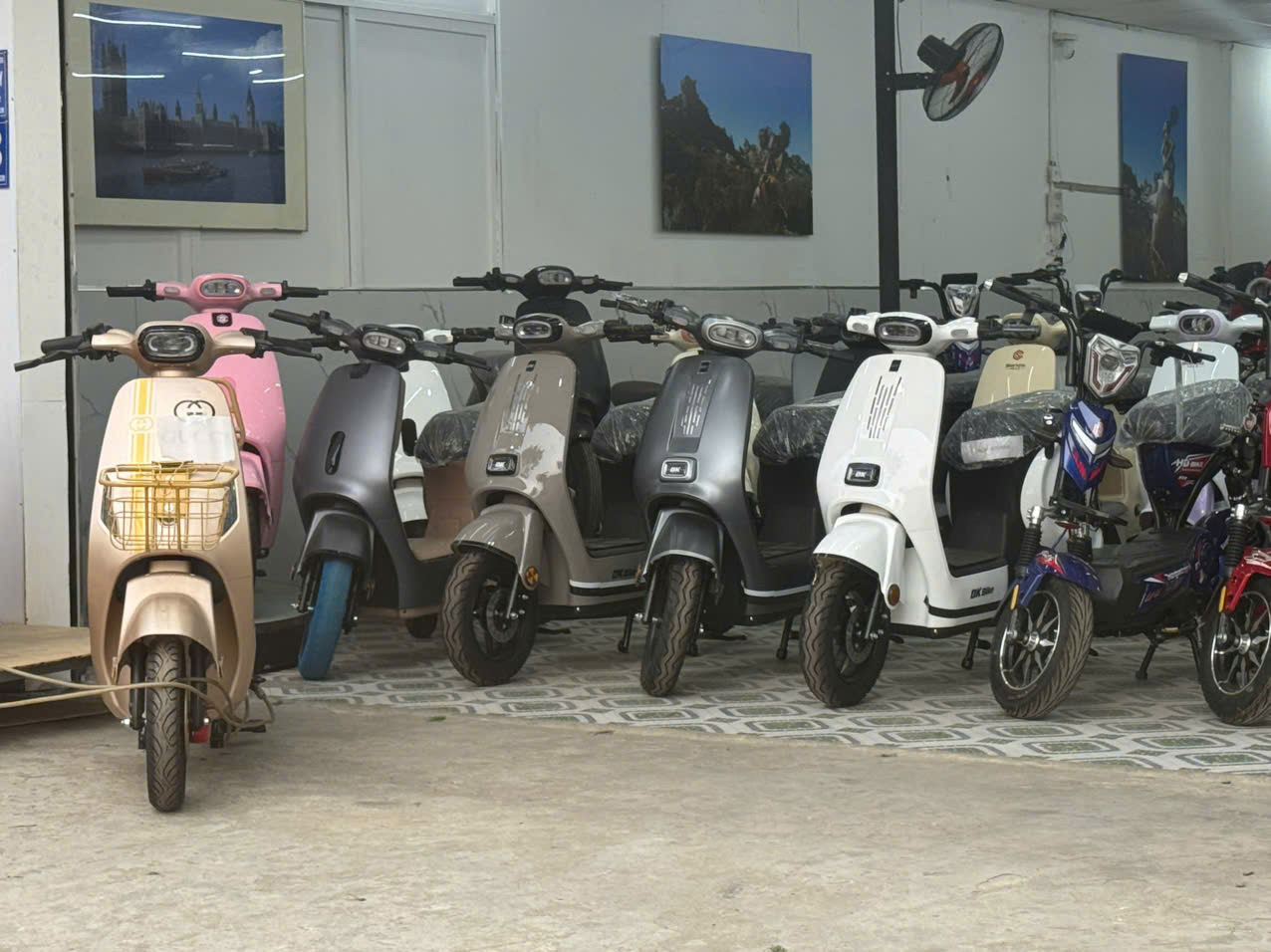
Consumers should thoroughly inspect all documentation related to the origin and inspection of electric motorcycles before making a purchase.
Previously, market management forces had inspected hundreds of stores in various provinces and cities, uncovering a large number of unregistered e-bikes. Many of these vehicles were imported from China, bypassing inspections and failing to meet technical standards. They were advertised rampant on social media and e-commerce platforms for only 6-10 million VND each, easily exploiting customers’ desire for bargains. In reality, most of these products lacked quality certificates, warranties, and had rudimentary components like batteries, chargers, and motors that were prone to malfunction and posed fire and explosion hazards, as well as brake and electrical failures.
Mr. Hoang Anh Tu, a motorcycle dealer in Ho Chi Minh City, attributed the proliferation of unregistered vehicles to lax regulations regarding low-speed electric motorcycles, which are not subject to registration and licensing requirements. Many vehicles exploit loopholes by being classified as e-bikes or substandard motorcycles, yet they can reach speeds of 50-60 km/h, posing a high risk of accidents.
According to authorities, this situation is complex and has been a contributing factor to several electric vehicle fires in the past. Numerous incidents involved recycled or cheap lead-acid batteries, substandard chargers and wires lacking overheat and overload protection. It is especially dangerous when vehicles are charged indoors, in apartments or residential areas. Additionally, batteries quickly degrade, control modules malfunction, and brakes are inefficient, making operation risky.
Unscrupulous Dealers Masquerade Unregistered Vehicles as E-Bikes to Evade Regulations
The rampant presence of unregistered vehicles puts significant pressure on reputable manufacturers. Well-established companies that invest in research, production, and after-sales service are now competing with low-quality, inexpensive products, distorting the market and eroding consumer trust in electric vehicles overall.
Mr. Nguyen Dinh Tung, Director of Ha Thanh Motorcycle Trading Co., Ltd. in Ho Chi Minh City, revealed that the southern market is also inundated with unregistered e-bikes from China, accounting for nearly 50% of the supply in some areas, particularly in outlying districts and neighboring provinces. These vehicles are typically priced at just 5-6 million VND each, and more expensive ones around 9-10 million VND. However, they are prone to issues like explosions, battery failures, IC malfunctions, water ingress, and problems with brakes and switches. Many newly opened shops exclusively sell unregistered e-bikes, lacking any documentation regarding origin or inspection, relying solely on low prices and high profits. “Many people have approached our store, offering to sell e-bikes, but when asked about paperwork, they bluntly admit to having none,” Mr. Tung shared.
Similarly, Mr. Hoang Manh Tan, Deputy General Director of Son Ha Group, expressed frustration over the persistent presence of unregistered vehicles that have been a “thorn in the side” for domestic brands. The plan to restrict gasoline-powered motorcycles in major cities has inadvertently provided an opportunity for unregistered vehicles to reach consumers more easily.
Mr. Tan disclosed that the supply of unregistered vehicles also includes “drifted” units, which are defective inventory from China sold at low prices in Vietnam. In some areas, these vehicles account for 30-50% of the market. Consequently, legitimate businesses face challenges and risk incurring losses. If these companies engage in a race to the bottom by sacrificing quality to stay competitive, the market will descend into chaos, flooded with substandard products.
Unscrupulous dealers of unregistered electric motorcycles go to great lengths to evade authorities by attaching pedals to their vehicles, classifying them as e-bikes, and thus bypassing registration requirements. Some vehicles even feature two power sources and two separate plugs: one enabling a maximum speed of 45 km/h and the other limiting it to 25 km/h. During inspections, they simply switch the plugs to feign compliance and avoid penalties.
Calls for Stringent Measures to Curb Illicit Trade
Faced with this situation, many businesses urge authorities to tighten control over the electric vehicle market, particularly regarding components of unknown origin. Mandatory technical standards should be established for all types of electric vehicles, including those below 50 km/h, along with mandatory registration and licensing to manage their circulation and trace their origins. Additionally, strict penalties should be imposed on stores or e-commerce platforms selling substandard vehicles to restore order to this market.
Latest SH Motorcycle Price List for August 2025
“Unveiling the latest SH motorcycle price list for August 2025: A comprehensive guide to the newest SH bike prices across the nation’s dealerships.”
The First-Ever Mega Project in Vietnam’s History: “Laying the Groundwork”: A Global Race to Build
The existence of this first-ever structure in Vietnam’s history is of utmost significance in today’s global context.
Revolutionizing Vietnam’s Infrastructure: Deo Ca’s Visionary Proposal for a $25.5 Billion Transport Network Revolution
“Recently, a delegation from Deo Ca Group, led by its Chairman, Mr. Ho Minh Hoang, engaged in a productive meeting with the Asia-Pacific Institute for Sustainable Development, Hoa Thiet Ke Design Group, and the China Railway Design Consulting Group. The gathering aimed to explore potential collaboration opportunities between the participating entities.”



